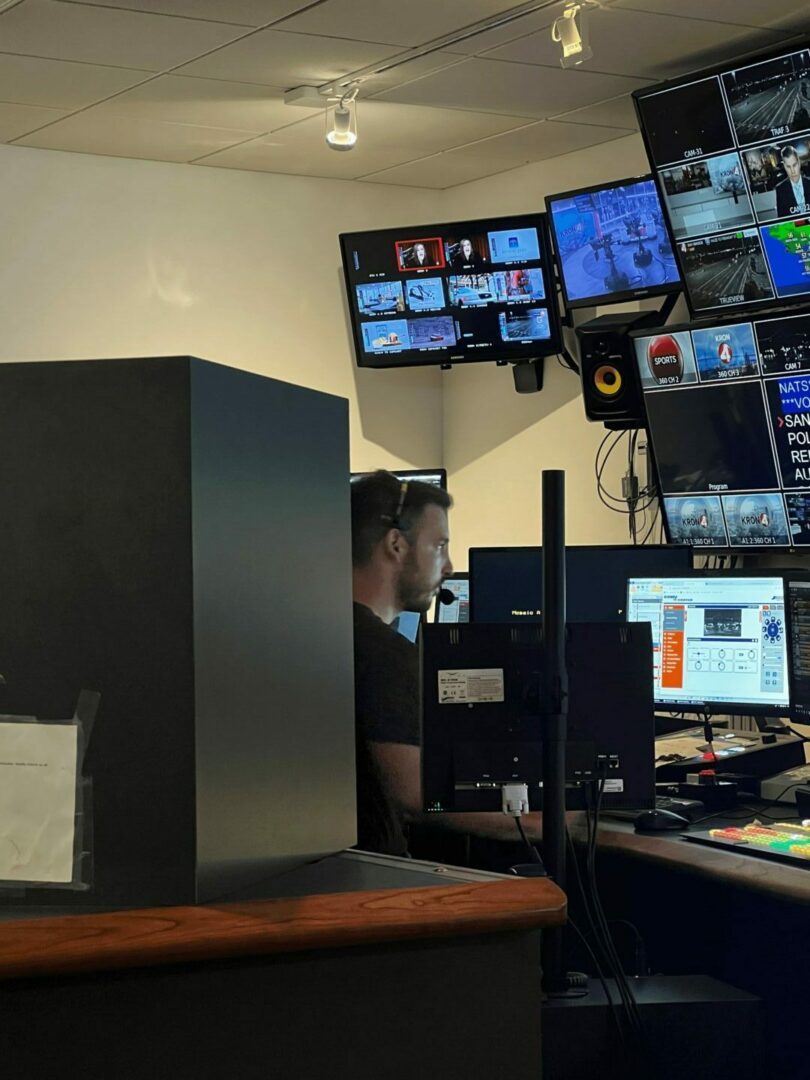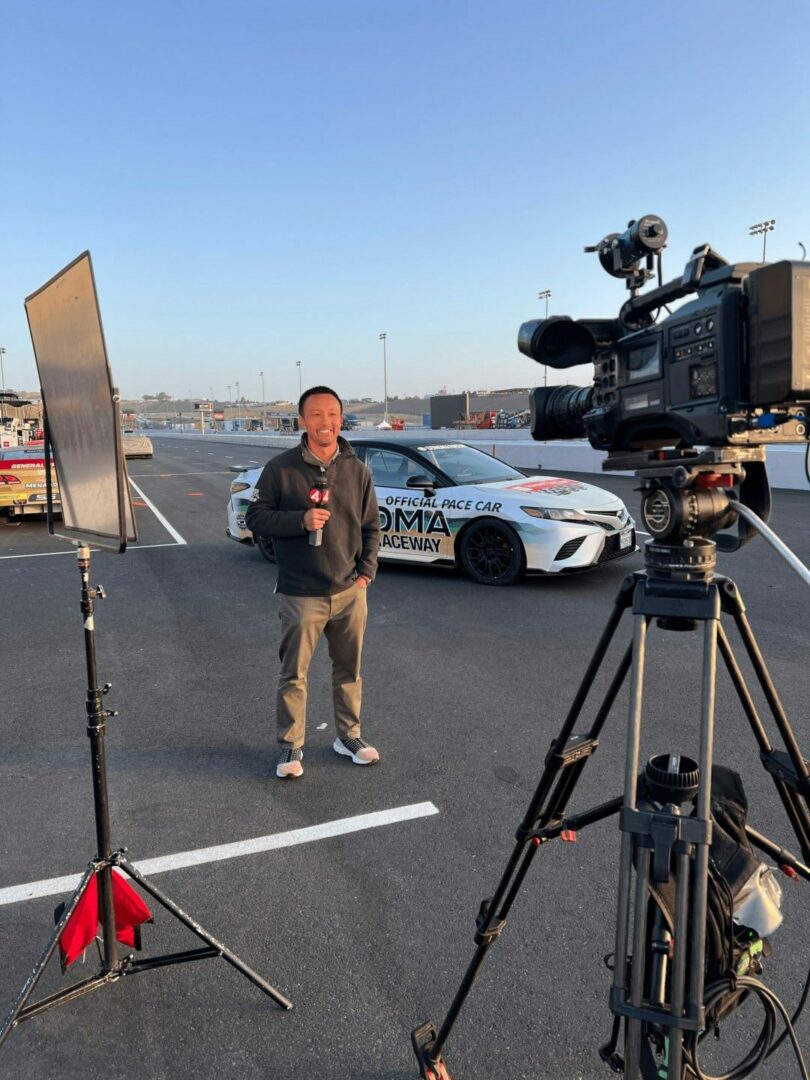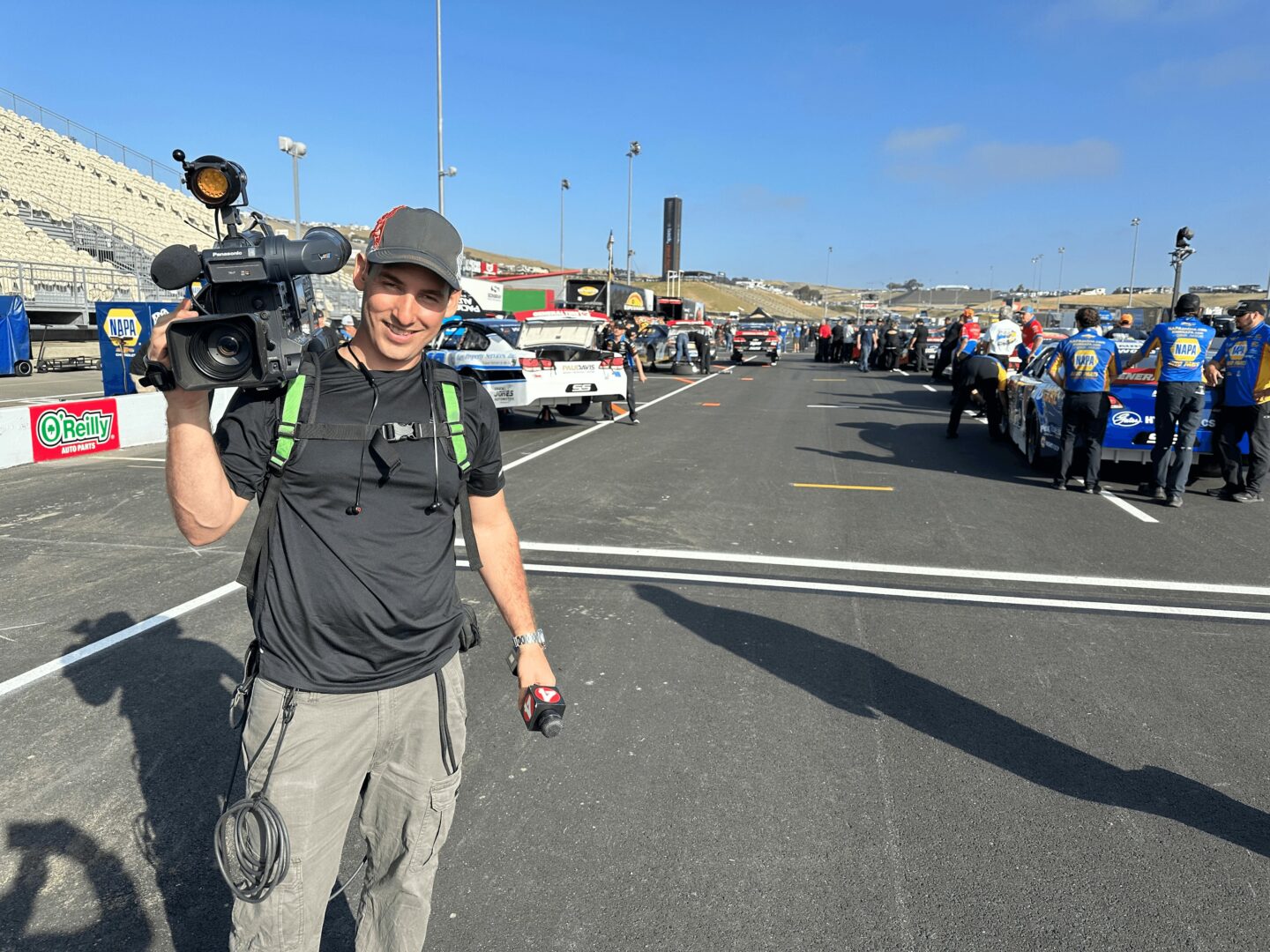We recently connected with Ido Bartana and have shared our conversation below.
Ido, so great to be with you and I think a lot of folks are going to benefit from hearing your story and lessons and wisdom. Imposter Syndrome is something that we know how words to describe, but it’s something that has held people back forever and so we’re really interested to hear about your story and how you overcame imposter syndrome.
Imposter syndrome and “fake it until you make it” are terms I try not to use. They don’t fit how I see professional progression. I know that being the new guy is intimidating but you either do or you don’t. No one starts out with years experience.
starting something new doesn’t mean you don’t deserve the title or position you got. We pave our own path and we bring to the table everything we learned in other places. Every time I start a new position or project I try to find the experienced person I can learn the most from and I observe them. If it seems appropriate I may ask for advice or guidance, but most times it’s enough just to watch them. You’d be surprised how much confidence it will give you. We all work in different ways anyway, so when I watch other people do what I do I find things I want to implement and things I don’t. I look at what they do and try to understand why, and this is a good way to start a conversation too.
I call imposter syndrome by its name – being intimidated – and the way to overcome it is baby steps. The only way to gain experience is to do the work. We have to take the first step and the rest will follow. Soon enough we look back and see what we have accomplished.

Appreciate the insights and wisdom. Before we dig deeper and ask you about the skills that matter and more, maybe you can tell our readers about yourself?
I work as a photojournalist in local news, and I take other projects on the side too – promotional material, photo shoots, documentary film-making etc. I see myself as a storyteller, and a visual storyteller in particular. I’m a curious person and an observer. I don’t talk much, I look at the world around me and question what I see, and I find people to be fascinating. I want to tell their stories.
Being a photojournalism gives me the opportunity to tell short stories every day. I get access to interesting people, my job keeps me engaged in what is happening in the community.
I’m not a loud or talkative person and I find satisfaction in telling other people’s stories. I have the skills to give people a voice. The news is one outlet I work for but I also do it for promotion, I like helping small businesses and entrepreneurs expand their reach.

Looking back, what do you think were the three qualities, skills, or areas of knowledge that were most impactful in your journey? What advice do you have for folks who are early in their journey in terms of how they can best develop or improve on these?
What brought me to where I am is my drive to get better, discipline, and social skills. The best compliment I was ever given is that people who’ve worked with me want to work with me again. It is important to understand what people I work with need from me to be able to perform their job. This is the nature of any collaborative field.
I hold myself to my own standards (ideally higher than my supervisor’s), and I try to be ready before I need to. A phrase I live by is “if you’re on time you’re late”.
I am lucky to enjoy my job and I want to do it well. This is the main source of my drive – I just want to keep getting better at what I do.

Alright so to wrap up, who deserves credit for helping you overcome challenges or build some of the essential skills you’ve needed?
I’m lucky to have a lot of people I can turn to for advice. The first one is my dad, but I also have friends and mentors I turn to as well. There are two points I want to make here: one is that I’m not afraid to ask for access to knowledge or advice, and the other is that I’m always looking for mentors or people I can watch and learn from.
When I started working as a newscast director I had no prior experience. I went through the normal training but I felt that I needed more in depth knowledge. My manager arranged time for me to work with the most experienced director, and he was kind enough to come in on the weekend a couple of times to teach me. So asking for formal training helped me become more familiar with the the tools I had to use in my new position.
In addition to my extra training, I watched the other directors on my shift to find the one who stood out to me the most. I made sure to pick a desk right next to him so we can be close. He didn’t know it at the time but I labeled him my mentor/role model. I watched him work, and picked up on his habits. Being next to him allowed me to ask him for advice when I needed to. Shadowing an experienced director helped me learn the job much better and much faster. I like sticking to people who are better than me, they make me better and it helps me hold myself to a higher standard. I found that forming those relationships with experienced colleagues put me in a position to ask for help when I struggled. They were there to help me grow, learn from my mistakes, and overcome challenges.
Contact Info:
- Instagram: @Ido_Bartana @bartanavideos
- Linkedin: https://www.linkedin.com/in/ido-bartana-776022162/



so if you or someone you know deserves recognition please let us know here.




